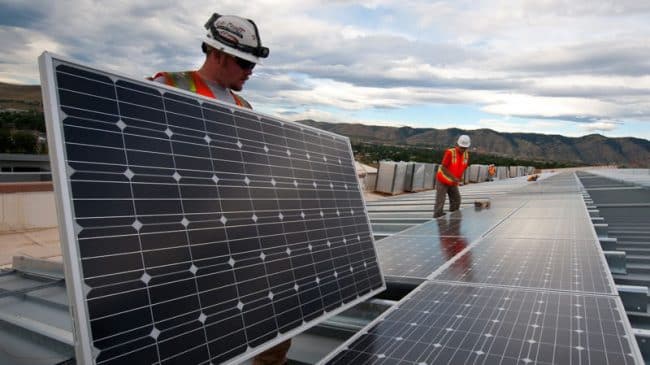Over the past decade, federal and state governments have significantly increased their support for nonconventional energy technologies, ranging from wind-powered electricity generators to battery-powered cars. One of the largest such programs was the Department of Energy’s Section 1705 Loan Guarantee Program-the subject of this study.
The $16 billion dollar program “invested” in various failed enterprises, including Solyndra and Abound Solar. But those are just the tip of the iceberg of the DOE’s poorly diversified portfolio of mostly “junk” grade investments, many of which, years later, are still “under construction.”
So why did the DOE systematically make loan guarantees to companies that are financially unsound? We found that many recipients had close ties to those in charge of approving the loan guarantees. Moroever, we found that the DOE allocated funds broadly in proportion to applicants’ lobbying expenditures. In other words, it is likely that loan guarantees were allocated not on the merits of the projects but, rather, according to the degree to which the applicants were able to use political connections.
The DOE’s Section 1705 Loan Guarantee Scheme represents a multi-billion dollar transfer from taxpayers to political cronies. But if that weren’t bad enough, this green cronyism likely undermined the very thing it was supposed to support: by encouraging private investment in unduly risky projects, it diverted money away from more sustainable projects that might actually result in environmental improvements.
To protect taxpayers from further waste and to increase the sustainability of investments in technologies that result in environmental protection, the government should stop guaranteeing loans for “green” energy projects immediately.

